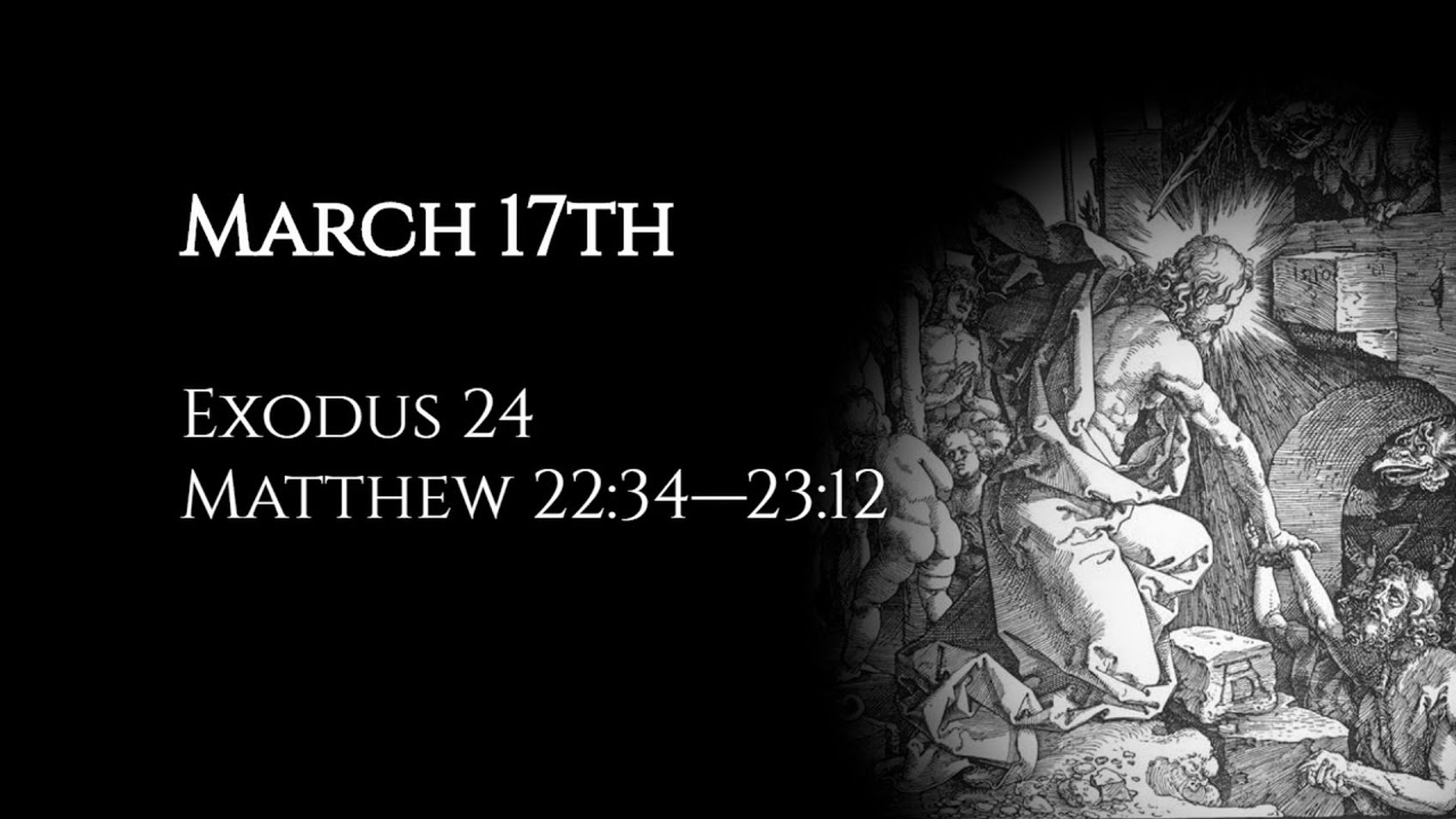March 17th: Exodus 24 & Matthew 22:34—23:12

The covenant ceremony. Challenging the Pharisees.
Genesis 15 (the covenant ceremony with Abraham); Hebrews 9:15-22 (Christ and the blood of the covenant).
Psalm 2 (‘gathered together’ against the Lord and his anointed); Deuteronomy 6:4-5 (the first great commandment); Leviticus 19:9-18 (the second great commandment); Psalm 110 (‘the Lord said to my Lord’); Matthew 5:1 (the crowds and the disciples gathering around for the Sermon on the Mount).
Reflections upon the readings from the ACNA Book of Common Prayer (http://bcp2019.anglicanchurch.net/).
If you have enjoyed my output, please tell your friends. If you are interested in supporting my videos and podcasts and my research more generally, please consider supporting my work on Patreon (https://www.patreon.com/zugzwanged), using my PayPal account (https://bit.ly/2RLaUcB), or by buying books for my research on Amazon (https://www.amazon.co.uk/hz/wishlist/ls/36WVSWCK4X33O?ref_=wl_share).
The audio of all of my videos is available on my Soundcloud account: https://soundcloud.com/alastairadversaria. You can also listen to the audio of these episodes on iTunes: https://itunes.apple.com/gb/podcast/alastairs-adversaria/id1416351035?mt=2.
More From Alastair Roberts
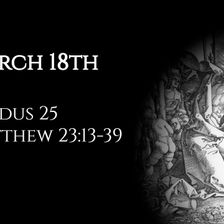
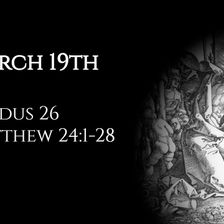
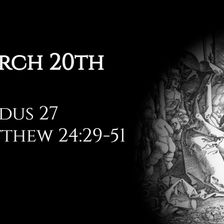
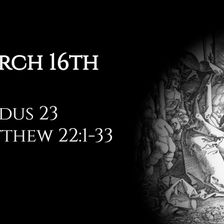
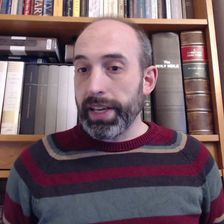

More on OpenTheo















